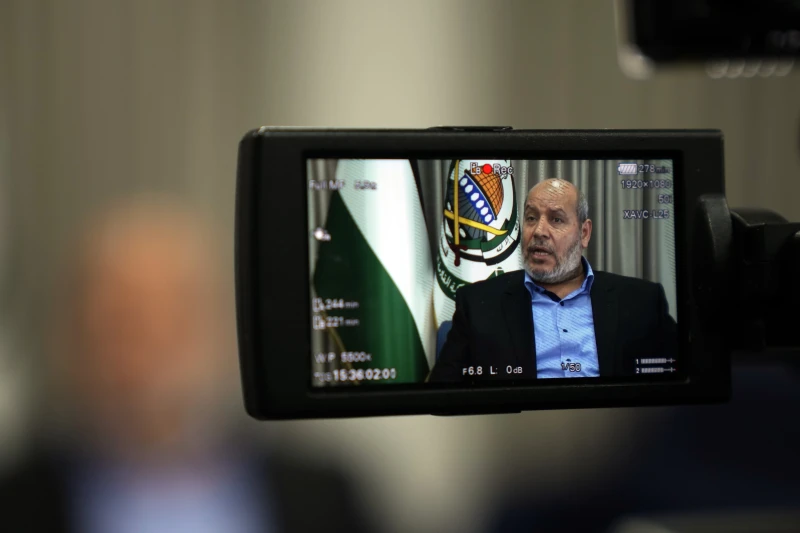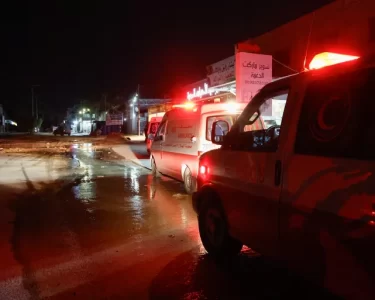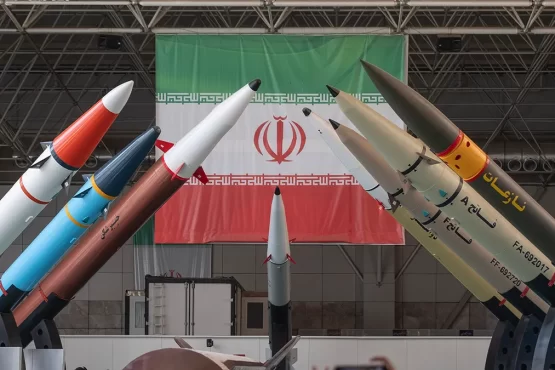In a significant development, a senior Hamas political official has indicated the group’s readiness to lay down arms and transition into a political entity if a two-state solution is realized, according to an interview with The Associated Press.

Khalil al-Hayya, a prominent figure within Hamas, disclosed in an interview on Wednesday that the militant organization would consider a ceasefire of five years or longer with Israel under certain conditions. These conditions include the establishment of an independent Palestinian state along the pre-1967 borders.

Al-Hayya’s remarks come amidst a stalemate in cease-fire negotiations between Hamas and Israel, following a period of heightened tensions.
The proposal to disarm Hamas represents a notable concession from the group, which has historically advocated for the destruction of Israel.
However, it remains uncertain whether Israel would entertain such a proposition. Prime Minister Benjamin Netanyahu, leading the Israeli government, has consistently opposed the creation of a Palestinian state on territories captured in the 1967 Middle East war and vowed to combat Hamas militancy.

Al-Hayya, who has been involved in negotiations for a cease-fire and hostage exchanges, conveyed Hamas’ desire to join the Palestine Liberation Organization (PLO) in forming a unified government for the Gaza Strip and the West Bank.
He emphasized Hamas’ willingness to accept a fully sovereign Palestinian state within defined borders, in line with international resolutions.
The potential dissolution of Hamas’ military wing would accompany the establishment of a Palestinian state, according to al-Hayya.
He drew parallels with other liberation movements, asserting that former fighting forces have transitioned into political entities upon achieving independence.

Despite these overtures, Hamas’ official stance on the Palestinian-Israeli conflict remains steadfast in its rejection of any alternatives to the full liberation of Palestine.
The organization’s charter continues to assert claims over territories encompassing modern-day Israel.

There has been no immediate response from Israeli authorities or the Palestinian Authority, which governs parts of the West Bank.
The conflict between Hamas and Israel has persisted for several months, resulting in casualties and displacement on both sides.
As diplomatic efforts falter, tensions remain high in the region, with prospects for a lasting peace agreement seemingly distant.
The latest developments underscore the complexities and challenges inherent in resolving the protracted Israeli-Palestinian conflict.











